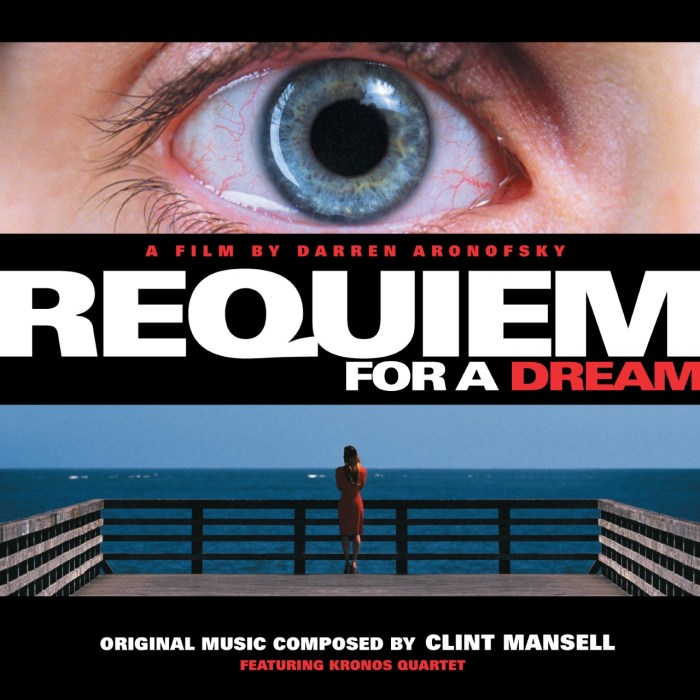Sacred choral work crossword clue embarks on an enlightening journey into the captivating world of choral music dedicated to spiritual themes. From ancient origins to contemporary interpretations, this exploration unravels the unique characteristics, historical significance, and cultural diversity of sacred choral works, shedding light on their profound impact on music and spirituality.
Delving into the depths of this musical genre, we will uncover the technical and artistic intricacies involved in performing sacred choral works, delving into the intricacies of vocal technique, ensemble cohesion, and interpretation. Furthermore, we will explore the role of sacred choral works in modern society, examining how they continue to resonate and inspire in contemporary settings.
Sacred Choral Works

Sacred choral works encompass a diverse range of musical compositions intended for religious or spiritual purposes. These works are typically performed by choirs and often feature complex harmonies, intricate melodies, and evocative lyrics. They have played a significant role in the development of music and culture, influencing both secular and religious music.
Types of Sacred Choral Works
There are numerous types of sacred choral works, each with its unique characteristics and styles:
- Masses: Multi-movement compositions based on the Catholic liturgy, typically including sections such as Kyrie, Gloria, Credo, Sanctus, and Agnus Dei.
- Oratorios: Dramatic musical works with a narrative or religious theme, often performed with soloists, chorus, and orchestra.
- Cantatas: Similar to oratorios, but smaller in scale and typically performed without staging or costumes.
- Motets: Polyphonic choral works based on sacred texts, often featuring complex harmonies and intricate counterpoint.
- Anthems: Short choral pieces typically performed during religious services, often characterized by simple melodies and accessible harmonies.
- Hymns: Congregational songs used for worship, typically featuring simple melodies and lyrics that express religious devotion.
Historical Significance of Sacred Choral Works
Sacred choral works have played a pivotal role in the development of music and culture throughout history:
- Origins in Medieval Chant: The roots of sacred choral works can be traced back to medieval chant, which provided the foundation for polyphonic music.
- Renaissance and Baroque Eras: During these periods, sacred choral works reached great heights of complexity and expressiveness, with composers such as Palestrina, Byrd, and Bach producing masterpieces that continue to be performed today.
- Influence on Secular Music: The techniques and styles developed in sacred choral works have significantly influenced secular music, particularly in the areas of harmony, counterpoint, and choral performance.
- Cultural and Spiritual Impact: Sacred choral works have been used to express religious devotion, commemorate important events, and provide a sense of community within religious traditions.
Sacred Choral Works in Different Cultures
Sacred choral works are found in diverse cultures around the world, each with its unique musical and spiritual traditions:
- Western Christian Music: Includes the vast repertoire of sacred choral works from the Middle Ages to the present day, including masses, oratorios, and motets.
- Eastern Orthodox Music: Features Byzantine chant and polyphonic choral works, often characterized by rich harmonies and complex rhythms.
- Jewish Music: Includes synagogal music, such as psalms, hymns, and cantorial solos, which have been passed down through generations.
- Islamic Music: Features religious chants and hymns, often performed a cappella or accompanied by traditional instruments.
- Asian Sacred Music: Includes Buddhist, Hindu, and Shinto choral works, which incorporate elements of traditional folk music and religious rituals.
Performance Considerations for Sacred Choral Works
Performing sacred choral works presents technical and artistic challenges:
- Vocal Technique: Singers must possess strong vocal technique, including breath control, intonation, and vocal agility.
- Ensemble Cohesion: The choir must be able to blend their voices seamlessly and maintain a consistent intonation and rhythm.
- Interpretation: Conductors and singers must carefully interpret the music, considering the text, historical context, and musical style.
- Acoustic Considerations: The acoustics of the performance space can significantly impact the sound of the choir.
- Rehearsal Time: Adequate rehearsal time is crucial for preparing the choir and ensuring a successful performance.
Sacred Choral Works in Contemporary Settings, Sacred choral work crossword clue
Sacred choral works continue to play a role in modern society:
- Liturgical Use: Sacred choral works are still performed in religious services, providing a powerful means of worship and spiritual expression.
- Concert Performances: Choirs often perform sacred choral works in concert settings, showcasing their artistry and preserving the musical tradition.
- Educational Value: Sacred choral works provide valuable educational opportunities for singers and conductors, developing their musical skills and understanding of music history.
- Cultural Significance: Sacred choral works continue to be an important part of cultural heritage, reflecting the spiritual and artistic values of different societies.
- Contemporary Adaptations: Some sacred choral works have been adapted for contemporary settings, such as film scores, electronic music, and experimental performances.
Helpful Answers: Sacred Choral Work Crossword Clue
What are the main types of sacred choral works?
Sacred choral works encompass a wide range of types, including oratorios, masses, motets, anthems, and hymns, each with its unique musical and liturgical characteristics.
How have sacred choral works influenced the development of music?
Sacred choral works have played a pivotal role in shaping the evolution of music, serving as a catalyst for the development of polyphony, harmony, and instrumental accompaniment, and inspiring countless composers throughout history.
What are some famous examples of sacred choral works?
Notable examples of sacred choral works include Handel’s Messiah, Bach’s Mass in B Minor, Mozart’s Requiem, and Verdi’s Requiem, which have left an indelible mark on the musical landscape.

